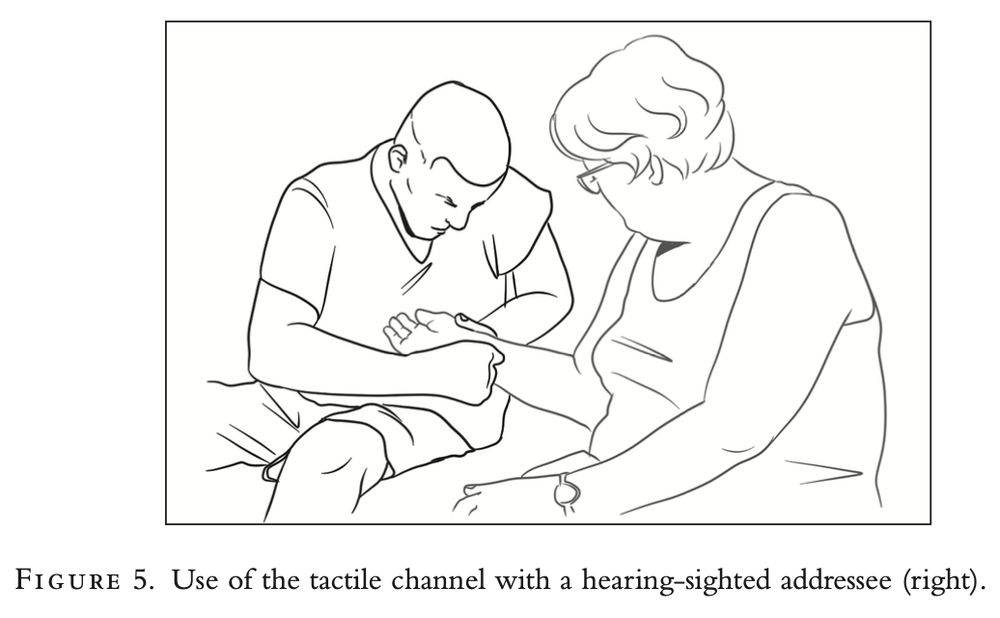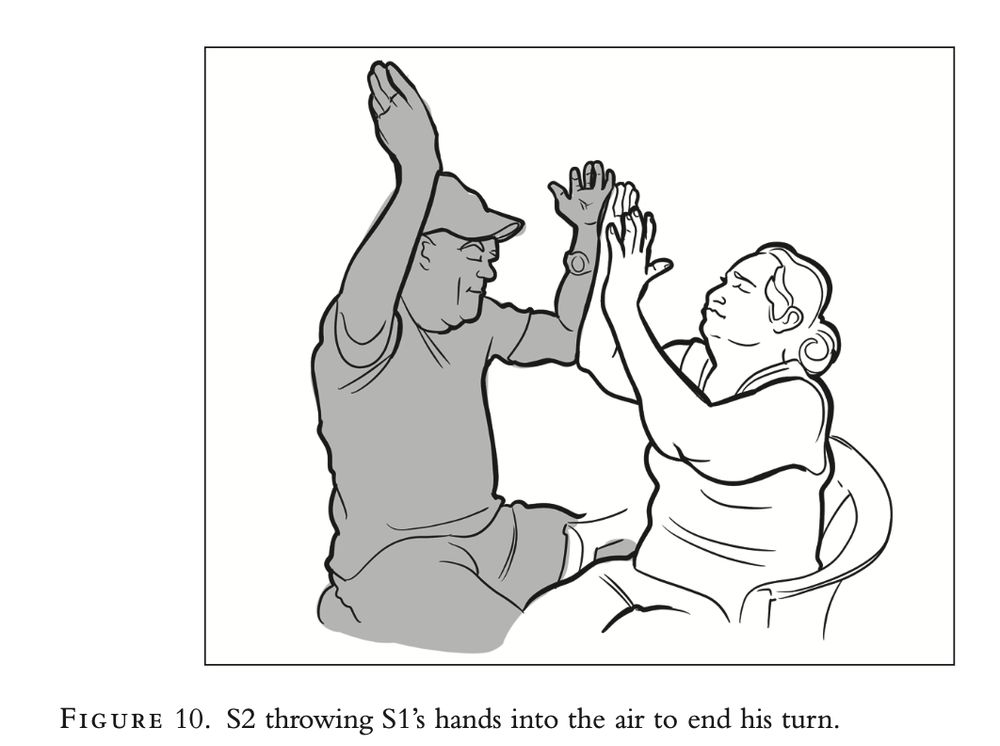I wrote BYE BYE I LOVE YOU because I believe people can find comfort in the real. This is how it's going to end. Probably in silence. Last words will be yours, not his. Also, terminal lucidity is very rare.
I wrote BYE BYE I LOVE YOU because I believe people can find comfort in the real. This is how it's going to end. Probably in silence. Last words will be yours, not his. Also, terminal lucidity is very rare.




